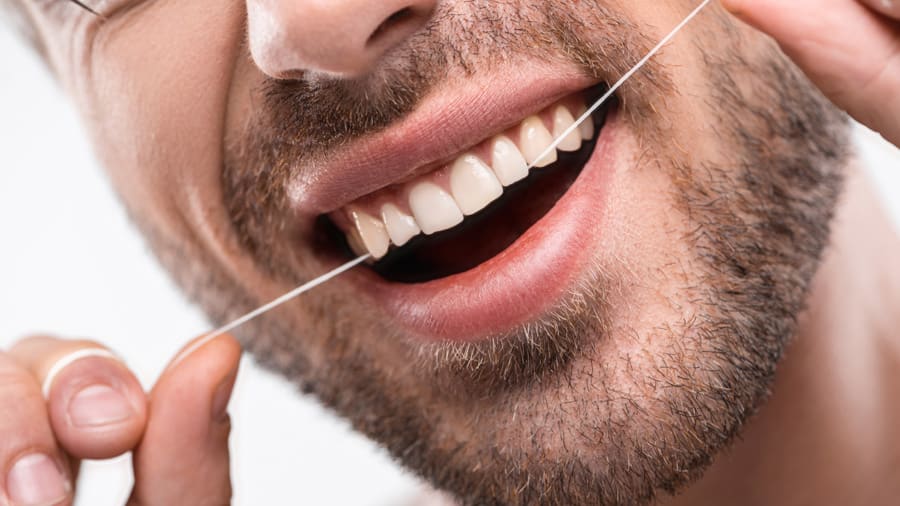Cleaning in between teeth and around gums is important if you want to maintain a healthy mouth. Many people use floss to clean in between teeth, but an interdental brush offers an easy, practical alternative.
A study reported in the Journal of Indian Society of Periodontology that compared the interdental plaque removal capacity of dental floss, cylindrical, and conical interdental brushes, for individuals in periodontal maintenance care, suggested that interdental toothbrushes, regardless of their shape, were more efficacious in interdental supragingival plaque removal than dental floss.
What Are Interdental Brushes?
Usually thin, round or cone-shaped, these brushes have a small head with bristles held on by wire. Some brushes have a short or specially shaped handle to make gripping easier, while others have long handles similar to toothbrushes. They are designed to be inserted between the teeth gently.
Interdental brushes come in different sizes, so make sure to choose one that comfortably fits between your teeth without having to force it. You might like to choose a different size for front and back teeth depending on the amount of space between your teeth.
They can be reused several times and should be rinsed just like a normal toothbrush after going between each tooth. The brushes should be replaced when the bristles are worn or if the wire is bent.
Who Might Benefit?
Anyone who finds flossing difficult might benefit from trying these brushes including:
- People with limited mobility: People suffering from joint problems or with limited mobility may find the brushes easier to manoeuvre than floss, especially when cleaning the back teeth. Brushes can also be a good option for elderly people who find it hard to use floss. The brushes can help clean the spaces in between dentures, bridges, implants and gums, as well.
- People with braces: Flossing is not usually possible for people with fixed braces, but the thin brushes can be used to remove food and plaque both from between teeth and from around the edges of the brackets.
- People with spaces between teeth: If you have large gaps between your teeth, the surfaces of your teeth are uneven or your gums are receding, it can be hard to clean adequately with floss, which may not fill the gaps properly. In these cases, brushes are more effective in removing plaque and food debris.
- People who don't like to floss: Anyone can be put off by flossing simply because they find it difficult or do not like the feel of it. If you don't feel comfortable using floss, then brushes may be a better option. Plus, it's easier to use!






